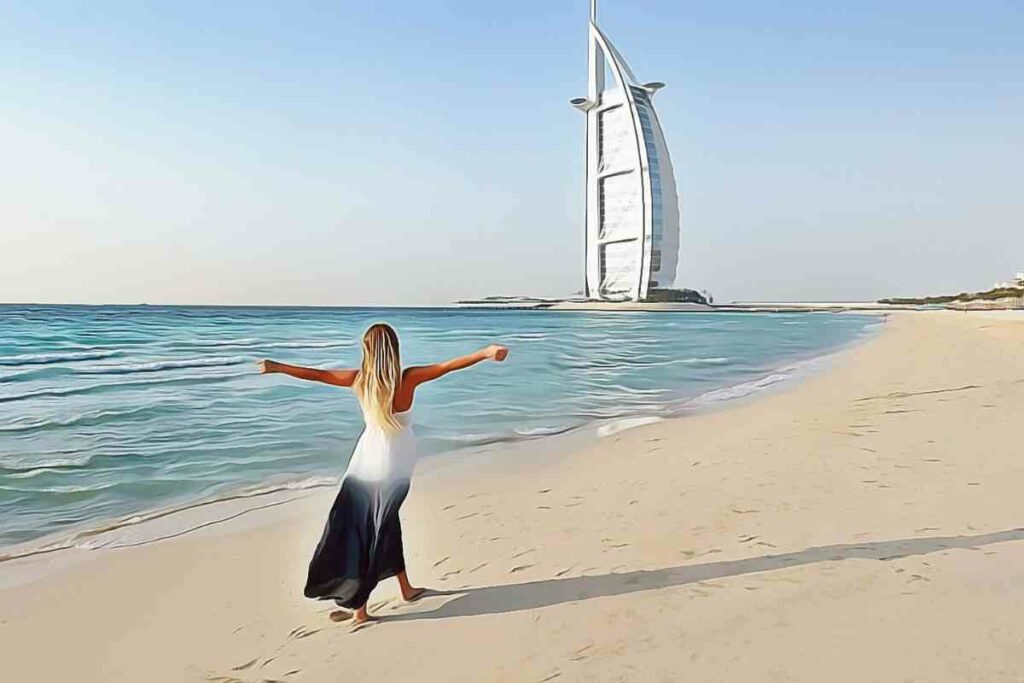Dubai has scrapped its 30% tax on alcohol and license fees in a bid to boost tourism, BBC reported, citing the local purveyors of alcohol African & Eastern and Mercantile International (MMI).
The regulatory changes entered into force on Sunday and will run for a trial period of twelve months, according to reports in local media.
“With the removal of 30% municipality tax and a free alcohol license, buying your favorite drinks is easier and cheaper than ever,” MMI said on Instagram.
However, African+Eastern confirmed that the alcohol prices would remain subject to a 5% VAT, Reuters added.

MMI did not comment on whether the decision would become permanent after the trial period. However, it pointed out that customers would not need to go to other emirates to buy alcohol anymore. Until now, foreign workers and international visitors had to travel to the neighboring Umm al-Quwain to purchase liquor.
The new measures target tourists, residents, and the hospitality business. For
example, all bars and restaurants in the sheikdom can buy liquor at untaxed prices. Under local laws, non-Muslims must be at least 21 to drink alcohol.
In addition, they are required to obtain a plastic card from the police to allow them to buy, consume and transport liquor. Failure to do so may result in fines and even arrest.
Furthermore, Muslims are not allowed to buy licenses for the purchase of alcohol in Dubai.
The new amendment follows some previous loose regulations over alcohol. For example, in 2016, Dubai eased the rules forbidding daytime alcohol sales during the holy month of Ramadan.
Furthermore, Dubai’s ruling Al Maktoum family also allowed home deliveries of liquor during the coronavirus lockdowns in 2020.
Compared to its neighbors in the Gulf, Dubai is an outlier in terms of alcohol policy. For instance, Sharjah, its northern neighbor, outlaws liquor. The same goes for nearby Kuwait, Saudi Arabia, and Iran nations.
In 2022, international visitors spent over USD 29 billion in Dubai, the most of
anywhere else worldwide, CNN reported citing data by the World Travel and Tourism
Council.
However, Dubai’s tourism industry faces severe competition from neighboring Saudi Arabia. In recent years, Riyadh has been investing heavily in the tourism sector in an attempt to diversify its oil-dominated economy.
Crown Prince Mohamed bin Salman aims to rebrand the kingdom’s image away from the traditional and conservative Muslim country to attract fresh international capital and boost tourism. Its mega project – Red Sea Global resort featuring a collection of hotels, is set to open this year.
Qatar also hopes to attract more tourists following the 2022 World Cup. In addition, the first casino in the region is set to open in the UEA emirate of Ras al-Khaimah in 2026.
The casino will be part of an upcoming luxury resort built and operated by Wynn Resorts.
The regulatory change came as the UAE readies to impose a 9% corporate tax in the summer on top of other fees and charges it collects to avoid personal income taxes.



